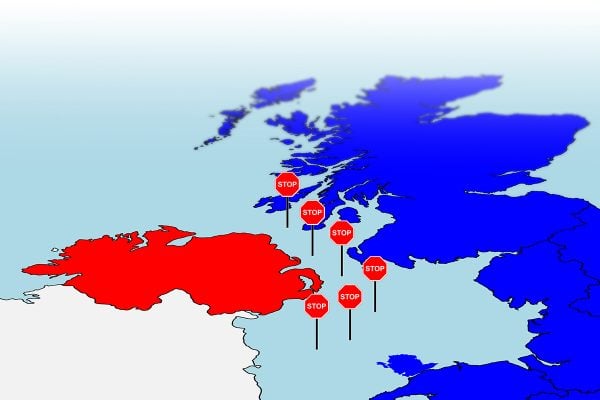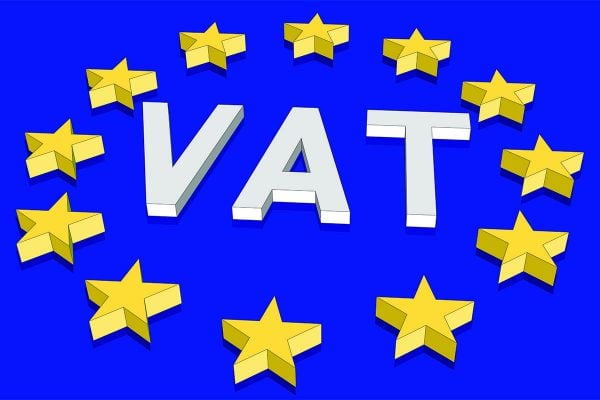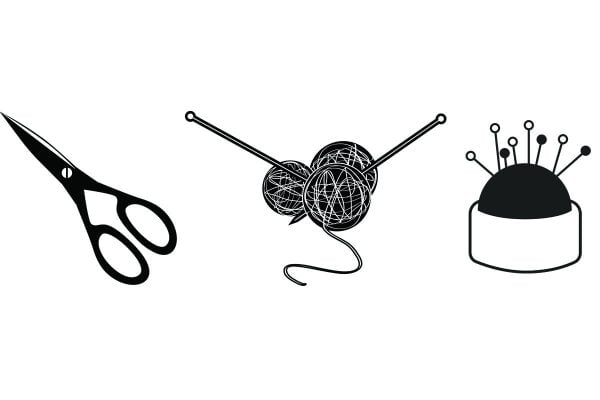In December, the European Commission fined Guess €39,821,000 for restricting retailers from online advertising and blocking cross border sales to consumers in other Member States in breach of EU competition rules.
“Guess’ distribution agreements tried to prevent EU consumers from shopping in other Member States by blocking retailers from advertising and selling cross-border. This allowed the company to maintain artificially high retail prices, in particular in Central and Eastern European countries. As a result, we have sanctioned Guess for this behaviour.”
– EU Commissioner Margrethe Vestager, in charge of competition policy
Guess designs, distributes and licenses clothing and accessories under numerous trademarks, including “GUESS?” and “MARCIANO”. Guess operates a selective distribution system in the European Economic Area (EEA), where authorised retailers are chosen on the basis of quality criteria.
Companies in the EEA are generally free to set up the distribution system that best serves them, including selective distribution systems, where the products can only be sold by pre-selected authorised sellers. However, these systems must comply with EU competition rules. In particular, consumers must be free to purchase from any retailer authorised by a manufacturer, including across national borders. At the same time, authorised retailers must be free to offer the products covered by the distribution contract online, to advertise and sell them across borders, and to set their resale prices.
The Commission investigation which started in June 2017 discovered that Guess’ distribution agreements restricted authorised retailers from:
- Using the Guess brand names and trademarks for the purposes of online search advertising;
- Selling online without a prior specific authorisation by Guess. The company had full discretion for this authorisation, which was not based on any specified quality criteria;
- Selling to consumers located outside the authorised retailers’ allocated territories;
- Cross-selling among authorised wholesalers and retailers; and
- Independently deciding on the retail price at which they sell Guess products.
What is really interesting here is that the EU allows brands to restrict retailers from advertising in other countries, but what they don’t allow is blocking consumers from other countries choosing to buy from a retailer outside their own country. Put simply, this allows retailers to advertise on their own website or marketplaces and accept orders from any country but does allow them to block retailers from for instance listing overseas – for instance a UK retailer listing on Amazon Germany could be blocked but a German customer should be allowed to buy from the UK retailer on Amazon UK.
The result of Guess blocking cross border sales was that retail prices of Guess products were 5% to 10% higher in Central and Eastern European countries (Bulgaria, Croatia, Czechia, Estonia, Hungary, Latvia, Lithuania, Poland, Romania, Slovakia and Slovenia) compared to the same products when sold in Western Europe.
Guess cooperated with the Commission beyond its legal obligation to do so, in particular by revealing an infringement of EU competition rules not yet known to the Commission. In recognition of their cooperation, the EU reduced the potential fine by 50%.









One Response
For me, the big pain in the backside is when brands or their representatives demand Amazon to stop me selling legitimately purchased brand products. The say usually that it is because they have a selective distribution agreement in place. However, at the same time one of their authorised dirstibutors is Amazon. To my understanding, to have a legal selective distribution agreement, two vitally required legal aspects is to have a showroom avaiable somewhere and to be able to give potential Clients informed face to face advice about the product. Plainly, Amazon has neither.
If I am correct, what is happenning is that certain brands are unlawfully claiming a selective distribution agreement is in place so as to restrict competition and it suits Amazon not to challenge this because it reduces potential competion to Amazon.
Either way, it is the consumer losing out.